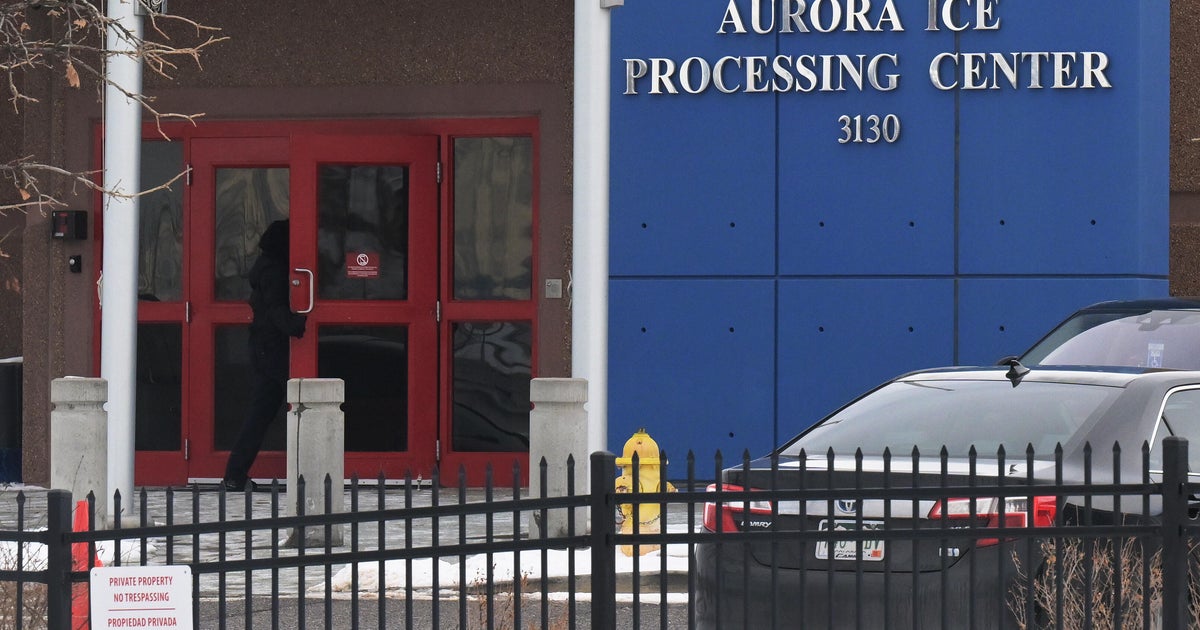Key takeaways:
- A federal judge in Colorado has mandated that Venezuelan migrants detained in the state receive a 21-day notice before deportation, ensuring they are informed of their right to contest the removal, following concerns about inadequate notice and transfers to El Salvador’s CECOT.
- U.S. District Judge Charlotte Sweeney’s ruling temporarily blocks deportations under the 1798 Alien Enemies Act in Colorado, emphasizing the need for communication in a language the migrants understand and ensuring access to legal consultation.
- The decision aligns with a U.S. Supreme Court order requiring sufficient notice for migrants, highlighting legal and humanitarian concerns about deportations under the Alien Enemies Act and underscoring the importance of due process and clear communication.
A federal judge in Colorado has issued a directive to the administration of President Donald Trump, mandating that Venezuelan migrants detained in the state receive a 21-day notice prior to any deportations. This order pertains to deportations conducted under a law traditionally invoked only during wartime. The ruling also requires that these migrants be informed of their right to contest their removal. This decision follows concerns raised by lawyers representing the migrants, who reported that 11 men from Colorado had already been transferred to El Salvador’s Terrorism Confinement Center, known as CECOT. These individuals are among the numerous migrants sent to the supermax facility by the Trump administration.
The directive was part of a written ruling by U.S. District Judge Charlotte Sweeney, which maintains a temporary block on deportations under the 1798 Alien Enemies Act within Colorado. Judge Sweeney emphasized the necessity for the administration to communicate with the migrants in a language they comprehend, ensuring they are aware of their right to legal consultation. This measure is intended to provide the migrants with adequate time and resources to challenge their deportation if they choose to do so.
During a recent hearing, Judge Sweeney expressed doubts about the adequacy of the administration’s previous commitment to provide only 24 hours notice to the migrants. This skepticism was in light of a U.S. Supreme Court order from April 7, which required that migrants be given sufficient notice and opportunity to prepare for any legal proceedings related to their deportation. The judge’s ruling aims to align with the Supreme Court’s directive, ensuring that the rights of the migrants are upheld.
The case highlights ongoing legal and humanitarian concerns surrounding the deportation of Venezuelan migrants under the Alien Enemies Act. The judge’s decision underscores the importance of due process and the need for clear communication with those affected by deportation orders. As the situation develops, the administration is expected to comply with the court’s ruling, providing the necessary notice and information to the migrants involved.



Be First to Comment